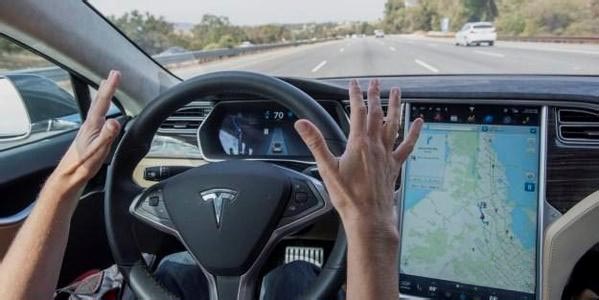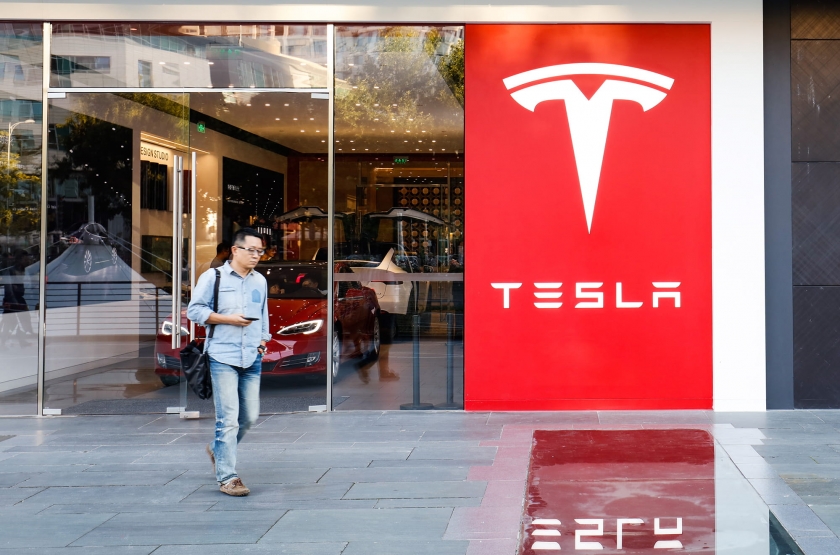Bad translation causes Beijing car crash
- Emily Feng
- August 11, 2016
- 32,524 views

A misleading translation is apparently the cause of a minor car crash in China’s capital city.
33 year old Luo Zhen had been driving his new Tesla for about a month when he crashed the car into the side of another vehicle parked off the side of the road, sheering off the side mirror but causing no injury to himself or the other driver.
What was the reason behind his accident? Turns out the entire incident may have hinged on a slight mistranslation of the English-to-Chinese for “autopilot.”
Many of Tesla’s online documents in Chinese use the term ““zidong jiashi” to describe the autopilot functions of their cars. The phrase, when translated directly, means “self-driving.”
Tesla strongly emphasizes that their cars are not “self-driving” but instead the autopilot technology is an advance driver assistance system (ADAS) that can only assist the driver rather than replacing them all together.
In a statement emailed to Reuters, a Tesla spokeswoman argue that Luo had misunderstood the meaning of autopilot and had not taken the proper precautions for driving the car.
“The driver of the Tesla, whose hands were not detected on the steering wheel, did not steer to avoid the parked car and instead scraped against its side.”
“As clearly communicated to the driver in the vehicle, autosteer is an assist feature that requires the driver to keep his hands on the steering wheel at all times, to always maintain control and responsibility for the vehicle, and to be prepared to take over at any time.”
Luo says that he was misled while being sold the car at the dealership, who strongly suggested that the autopilot function was “self-driving.”
Journalists at The National Post interviewed several random Tesla drivers in major Chinese cities who said that salespeople had advertised the car as being autonomously self-driving to each of them.
Even the simplest mistranslation can have consequences. Some mistranslations aren’t even technically incorrect. Translating “autopilot” in English to “self-driving” in Chinese is the result of a Telephone-like chain of correct translation steps that when added together, still resulted in a result that was far from its original meaning.
This is why machine translation, even for short, seemingly direct phrases, cannot be trusted for customer-facing content, particularly content that governs products and customer support. Phrases translated literally miss the cultural context and interpretation that accompany language. While technically correct, “self-driving” has strong connotations of autonomy in Chinese, far more than “autopilot” does in English.
Human translation – like the on-demand, mobile translation provided by Stepes – is still the only way to ensure that your content is translated with the right sensitivity and accuracy.
Mistranslations can cost global businesses customers and eventually revenue. In this case, mistranslations can even crash cars.











